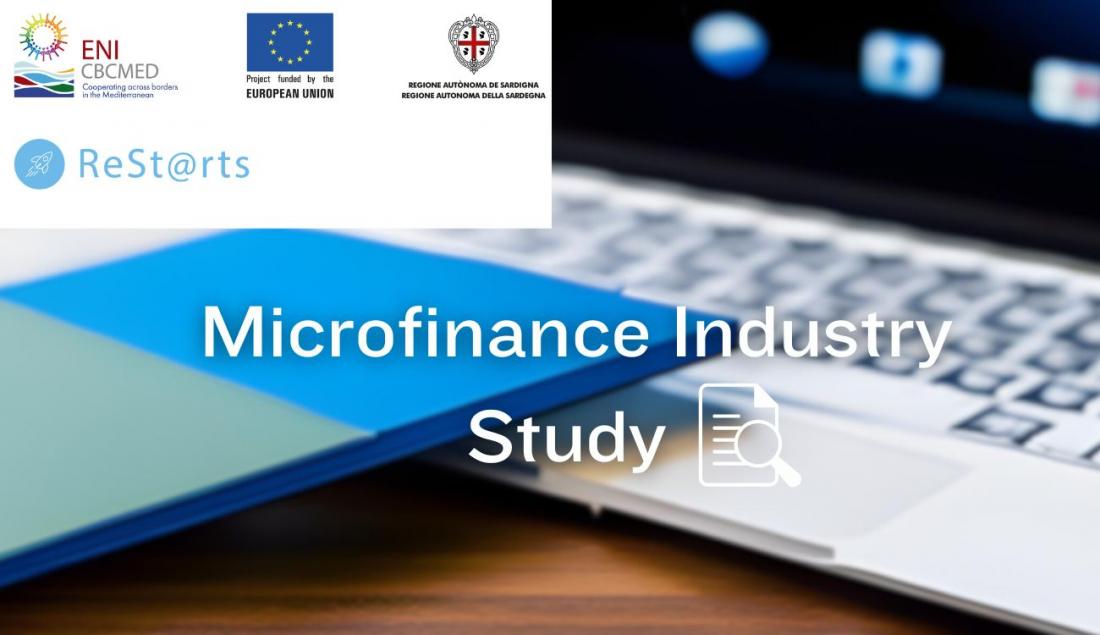ReSt@rts highlights the State of Microfinancing in the Mediterranean Region through the Second version of the Microfinance Industry Study

Microfinance is a tool that provides small loans and financial services to individuals and small businesses who typically lack access to traditional banking services. The Mediterranean region has seen a growing interest in microfinancing, and the ReSt@rts partnership has developed an updated version of the study to assess the current state of the industry in the region. The study aims to identify new areas for expansion and potential problems in the adoption of microfinancing.
The study was developed with the help of experts from various Mediterranean countries, including Italy, Palestine, Lebanon, Greece, Cyprus, and Tunisia. The experts collected data from various sources, including public data, older studies, and interviews with executives from microfinance institutions, banks, and related departments of universities. The study has identified a total of 154 microfinance entities that currently provide microfinancing solutions and business development services to micro, small, and medium-sized enterprises (SMEs) belonging to all growth stages.
The study shows that microfinance institutions hold the first position in the MF industry synthesis in partner countries with a percentage of 31.8%, followed by private venture capital companies with 22.7%. Incubators follow with 18.2%, while governmental organizations are in the fourth position with 14.3%. The remaining 13% are consisting of non-profits, NGOs, business development service providers, and various funding programs. These providers mostly support start-ups at the early stage (30%), growth stage (26%), ideation stage (24%), at the scaled stage (15%), and established start-ups (5%).
The study also identified a total of 241 types of support solutions, with loan giving-low interest being the most used (27%), followed by granting (20%), equity funding (9%), other financing solutions (12%), seed funding reaches (7%), VCs (5%), crowdfunding (4%), angel funding (2%), while the value of in-kind services (incubation training & vouchers offered) reaches (14%).
To read more, please find the short analysis of the study v2.0 here.









